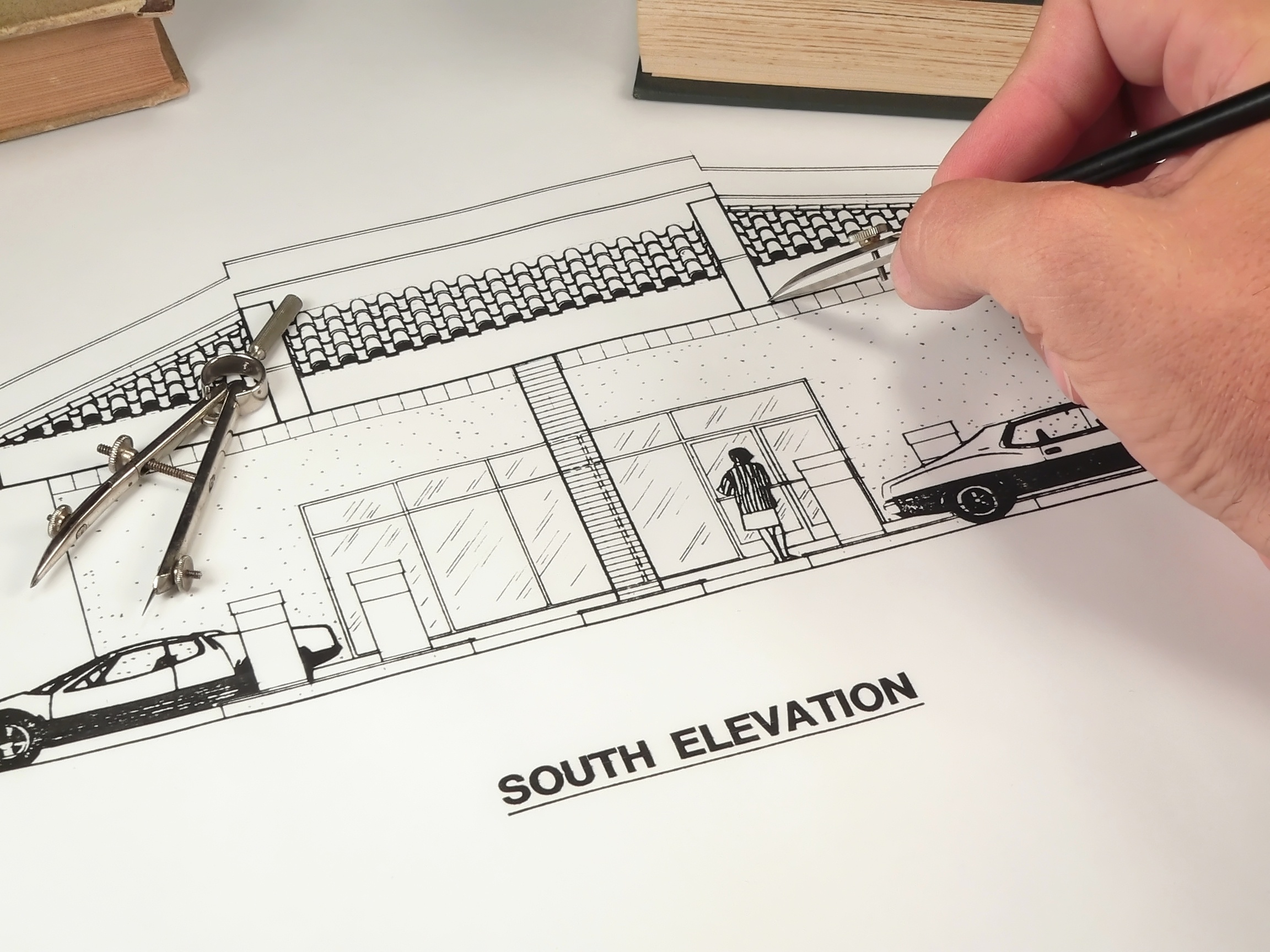Introduction:
Engineers are often regarded as the backbone of society, playing a critical role in making our world functional and efficient. With approximately one-third of students opting for science and engineering as their major subjects after high school, the field remains a popular choice. However, only about 8% of these students aspire to master the art of engineering. While some engineers successfully land top-tier jobs at prestigious companies around the world, others struggle to advance their careers. To help aspiring engineers navigate their career paths, we’ve compiled essential tips that can significantly enhance their professional journeys.
Finding Inspiration from Industry Leaders
One of the first steps towards becoming a successful engineer is identifying a role model who inspires you. Whether it’s Steve Jobs, Mark Zuckerberg, or another renowned figure in the tech industry, understanding what made them successful can provide valuable insights. By studying their career paths, habits, and strategies, you can emulate their success mantras in both your personal and professional life.
Engage in Hands-on Learning and Build a Strong Portfolio
Building a strong professional network is vital for career growth in engineering. Start by connecting with people in your field, whether through email, LinkedIn, or industry events. Networking not only opens doors to new opportunities but also allows you to learn from the experiences of others. Collaborate with your peers and seek out mentors who can guide you in your career.
Collaborate and Work in Teams
Engineering is often a collaborative effort, requiring teamwork to solve complex problems. Whenever possible, work in teams and engage in group projects. Collaboration fosters creativity, enhances problem-solving skills, and allows you to learn from the strengths of others. By honing your ability to work effectively in a team, you’ll become a more versatile and valuable engineer.
Identify and Improve Your Weaknesses
Self-awareness is key to personal and professional growth. Take the time to identify your weaknesses and actively work on improving them. Whether it’s technical skills, communication, or time management, addressing your shortcomings will make you a more well-rounded and competent engineer.
Stay Updated with Continuous Learning
The engineering field is constantly evolving, with new technologies and methodologies emerging regularly. To stay competitive, it’s essential to engage in continuous learning. Attend technical seminars, enroll in online courses, and explore other educational opportunities. By staying updated with the latest trends and developments, you’ll ensure your skills remain relevant and valuable in the job market.
Conclusion: Taking Charge of Your Engineering Career
Becoming a successful engineer requires more than just technical expertise; it demands a proactive approach to personal and professional development. By finding inspiration, engaging in hands-on learning, building a strong network, and continuously improving your skills, you can significantly boost your career prospects. Follow these tips, and you’ll be well on your way to a thriving career in engineering.
FAQs
Best Tips for Engineering Career Growth?
- Get Hands-On Experience: Pursue internships and projects.
- Network Actively: Connect with industry professionals.
- Develop Soft Skills: Focus on communication and teamwork.
- Stay Updated: Learn about the latest trends and technologies.
- Set Goals: Define and work towards clear career objectives.
How to Become a Successful Engineer
- Earn Relevant Qualifications: Obtain a degree and certifications.
- Gain Practical Experience: Engage in real-world projects and internships.
- Build a Network: Connect with mentors and professionals.
- Be Adaptable: Embrace new technologies and methods.
- Stay Passionate: Maintain a strong interest in the field and be persistent.
Addressing Weaknesses in Engineering Skills?
- Identify Weaknesses: Pinpoint specific skill gaps.
- Seek Feedback: Get input from mentors or colleagues.
- Take Additional Training: Enroll in relevant courses or workshops.
- Practice Regularly: Dedicate time to improve weak areas.
- Set Goals: Create a plan with clear improvement targets.
Can CADD Centre help with certification and accreditation for engineering courses?
Yes, CADD Centre provides certification for their training programs, which can enhance your resume and demonstrate your expertise to potential employers. Their accredited courses are recognized in the industry, adding value to your professional qualifications.
What types of engineering courses does CADD Centre offer?
How to Build a Strong Engineering Portfolio?
- Showcase Projects: Include diverse, relevant projects.
- Detail Your Role: Explain your contributions and challenges faced.
- Highlight Skills: Mention technical skills used.
- Keep It Updated: Add new projects and achievements regularly.
- Make It Accessible: Use an online platform for easy sharing.




